Optimum Scheme of Feynman-Kac Formula Based on Regression and Monte Carlo Methods
DOI: 10.23977/tracam.2024.040114 | Downloads: 19 | Views: 1102
Author(s)
Yidan Feng 1
Affiliation(s)
1 College of Science, Northeastern University, Boston, 02120, USA
Corresponding Author
Yidan FengABSTRACT
This research paper introduces a new computational scheme that uses regression techniques to solve high-dimensional partial differential equations (PDEs) through the Feynman-Kac formula and Monte Carlo Method (MCM) simulations. The conventional approach using interpolation faces significant challenges in high-dimensional spaces, which will cause more complex computations and less accuracy. The proposed method integrates stochastic differential equations (SDEs) and regression analysis to formulate a more efficient and accurate algorithm for computing global solutions. Comparing the traditional interpolation method with the new regression-based approach demonstrates significant improvements in computational efficiency and a reduction in error. The paper meticulously analyzes the error differences, convergence properties, and the practical implications of the regression method in overcoming the limitations faced by interpolation in high-dimensional problem spaces. The results underscore the potential of this new scheme to enhance the accuracy and speed of solving PDEs using the Feynman-Kac and MCM, offering a substantial contribution to the field of numerical analysis and computational mathematics.
KEYWORDS
Partial differential equation, Feynman-Kac formula, Brownian Motion, regressionCITE THIS PAPER
Yidan Feng, Optimum Scheme of Feynman-Kac Formula Based on Regression and Monte Carlo Methods. Transactions on Computational and Applied Mathematics (2024) Vol. 4: 104-112. DOI: http://dx.doi.org/10.23977/tracam.2024.040114.
REFERENCES
[1] DiBenedetto, Emmanuele, and Ugo Gianazza. Partial Differential Equations. Third edition., Birkhäuser, 2023.
[2] Cheng Y, Reich S .Assimilating data into scientific models: An optimal coupling perspective[J].Springer International Publishing, 2015.DOI:10.1007/978-3-319-18347-3_2.
[3] Darbon, Jérôme, et al. "Overcoming the Curse of Dimensionality for Some Hamilton–Jacobi Partial Differential Equations via Neural Network Architectures." Research in the Mathematical Sciences, vol. 7, no. 3, 2020.
[4] Bertoli F, Bishop A .Monte Carlo Methods for Controller Approximation and Stabilization in Nonlinear Stochastic Optimal Control[J].Ifac Papersonline, 2015, 48(28):811-816.DOI:10.1016/j.ifacol.2015.12.229.
[5] Zhou Y , Cai W .A Path Integral Monte Carlo Method based on Feynman-Kac Formula for Electrical Impedance Tomography[J]. 2019.DOI:10.48550/arXiv.1907.13147.
[6] Khodadadian, Amirreza, et al. "An Adaptive Multilevel Monte Carlo Algorithm for the Stochastic Drift–Diffusion–Poisson System." Computer Methods in Applied Mechanics and Engineering, vol. 368, pp. 113163, 2020
[7] Maire, S. & Tanré, E. Some new simulation schemes for the evaluation of Feynman–Kac representations. Monte Carlo Methods and Applications, 14(1), 29-51, 2008.
[8] Chengyu, C. & Tong, M. L1 adaptive control for general partial differential equation (PDE) systems [J]. International Journal of General Systems, 48(6): 656-689, 2019.
[9] Anker, F., et al. SDE BASED REGRESSION FOR LINEAR RANDOM PDEs, SIAM J. SCI. COMPUT, Vol. 39, No. 3, pp. A1168-A1200, 2017.
[10] Shen, Guangjun, et al. "Averaging Principle for Distribution Dependent Stochastic Differential Equations Driven by Fractional Brownian Motion and Standard Brownian Motion." Journal of Differential Equations, vol. 321, 2022, pp. 381–414
[11] Pham, H. Feynman-Kac Representation of Fully Nonlinear PDEs and Applications. Acta Mathematica Vietnamica, 40(2), 255–269, 2015.
[12] Mertz, Laurent, et al. "A Feynman–Kac Formula Approach for Computing Expectations and Threshold Crossing Probabilities of Non-Smooth Stochastic Dynamical Systems." Physica. D, vol. 397, pp. 25–38, 2019.
| Downloads: | 657 |
|---|---|
| Visits: | 52783 |
Sponsors, Associates, and Links
-
International Journal of Power Engineering and Engineering Thermophysics
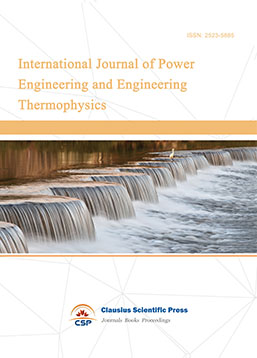
-
Numerical Algebra and Scientific Computing
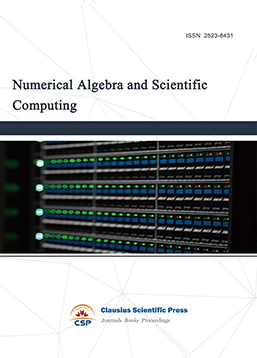
-
Journal of Physics Through Computation
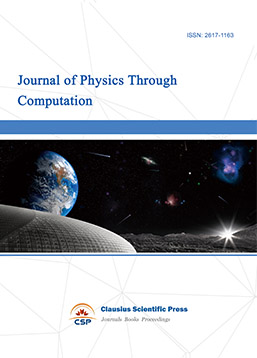
-
Transactions on Particle and Nuclear Physics
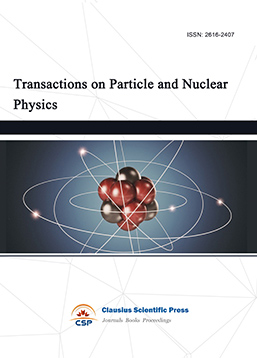
-
Journal of Probability and Mathematical Statistics
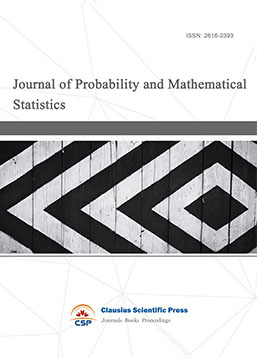
-
Multibody Systems, Nonlinear Dynamics and Control
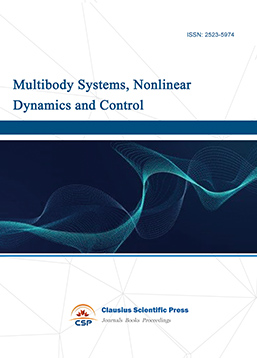
-
Complex Analysis and Geometry
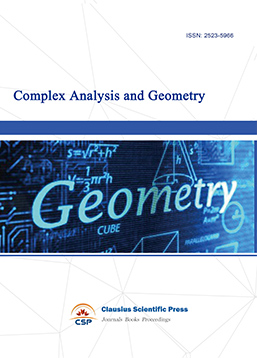
-
Dynamical Systems and Differential Equations
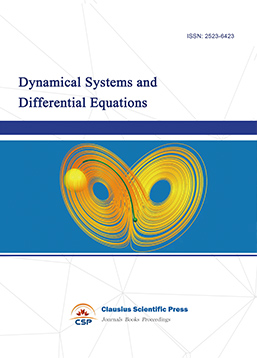
-
Acoustics, Optics and Radio Physics
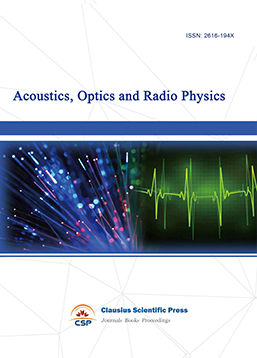
-
Progress in Atomic and Molecular Physics
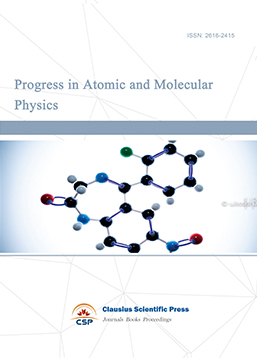
-
Transactions on Condensed Matter Physics
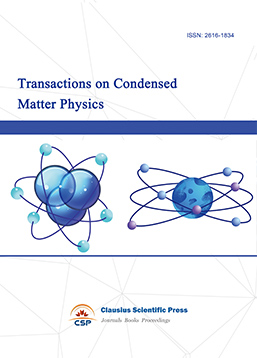
-
Progress in Plasma Physics
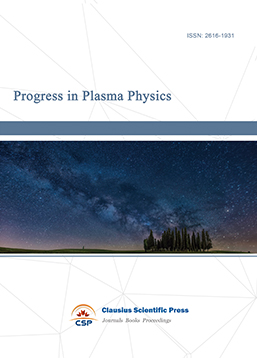
-
Combinatorics and Graph Theory
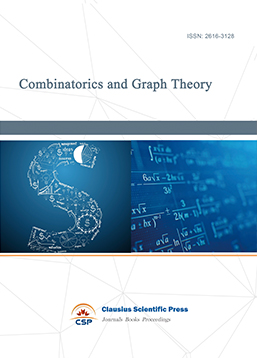
-
Research and Practice of Mathematics & Statistics
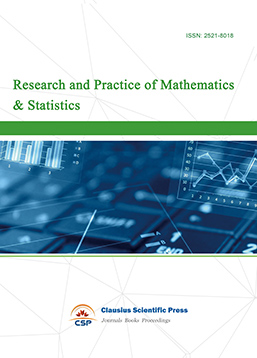
-
Nuclear Techniques and Applications
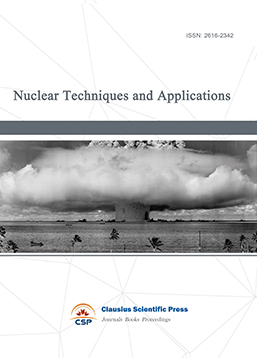
-
Journal of Photonics Research
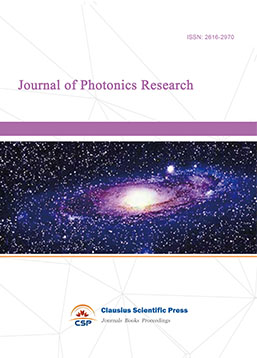
-
Journal of Compressors and Refrigeration
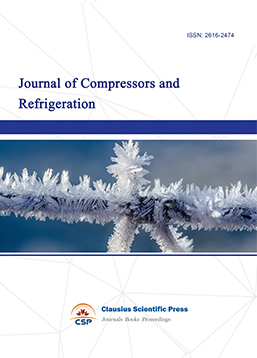
-
Journal of Theoretical Physics Frontiers
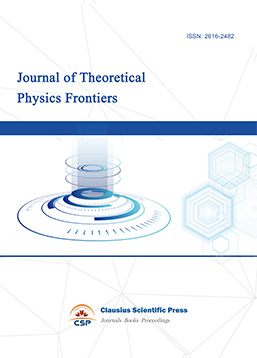
-
Journal of Nonlinear Science and Complexity
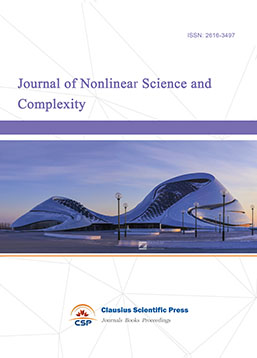
-
Vacuum Science Journal
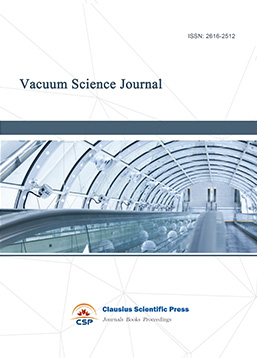
-
Computational Fluid Dynamics
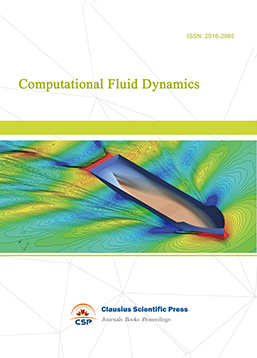

 Download as PDF
Download as PDF